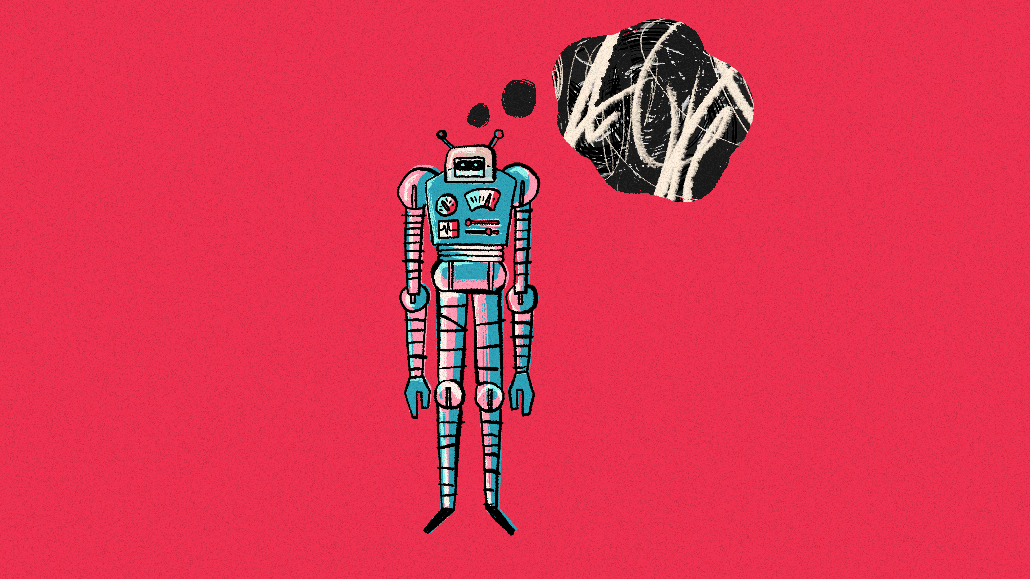Secure your place at the Digiday Publishing Summit in Vail, March 23-25

This article was first published by Digiday sibling WorkLIfe
This article is part of WorkLife’s special edition, which examines how the jobs and careers of Generation Z professionals will be reshaped and evolve in the AI-informed era. More from the series →
Career anxiety is rife among young professionals today — for good reason.
Those aged between 18 and 25 years old, aka Generation Z, are entering the workforce at a time when workplace models are no longer uniform; learning and development looks different in remote and hybrid environments. Add in the arrival of generative AI to the skills necessary to compete in the modern work age and the picture looks even murkier. The skills they need to get ahead are evolving, fast.
“They’re [Gen Z] starting their careers at a really tough time where there is a lack of overall personal connections and relationships because many of them are either not in the office or they are but in a very semi regular way,” said John Morgan, president of career mobility and leadership development at global talent solutions provider LHH, part of the Adecco Group. “We’re seeing in this population a high degree of anxiety right now over their careers and it’s not just about the fact that the skills are rapidly changing. It’s that this segment of the work population has entered the workforce at a time where they don’t have any real support,” added Morgan.
In LHH’s last Career Readiness Index, which surveyed 2,000 employees of different age groups across the U.S., U.K. and France, 35% of Gen Z respondents polled said they felt they were not in control over their career. And another 35% said they actually couldn’t use the skills that they had in the job that they were in.
Naturally, single reports don’t ever paint the full picture. While some Gen Z workers might feel uneasy about their career or how generative AI will affect jobs, there is also a clear hunger from this age group to experiment with how it can make their jobs easier, perform tasks faster, fill in any knowledge gaps they may lack from in-person interaction, and ultimately thrive in the workplace.
But there is a skills gap. A total 70% of 30,000 workers polled across 23 countries are already using generative AI at work, but less than half are receiving training or guidance on how to use it, increasing the risk of misuse, according to a new report from Adecco.
To read the full article click here
More in Media

WTF is a creator capital market?
What is a creator capital market, what does it mean for creators looking to diversify revenue, and why is it so closely tied to crypto?

Media Briefing: Publishers explore selling AI visibility know-how to brands
Publishers are seeing an opportunity to sell their AI citation playbooks as a product to brand clients, to monetize their GEO insights.

Creators eye Snapchat as a reliable income alternative to TikTok and YouTube
Figuring out the Snapchat formula has been very lucrative for creators looking for more consistent revenue on a less-saturated platform.








